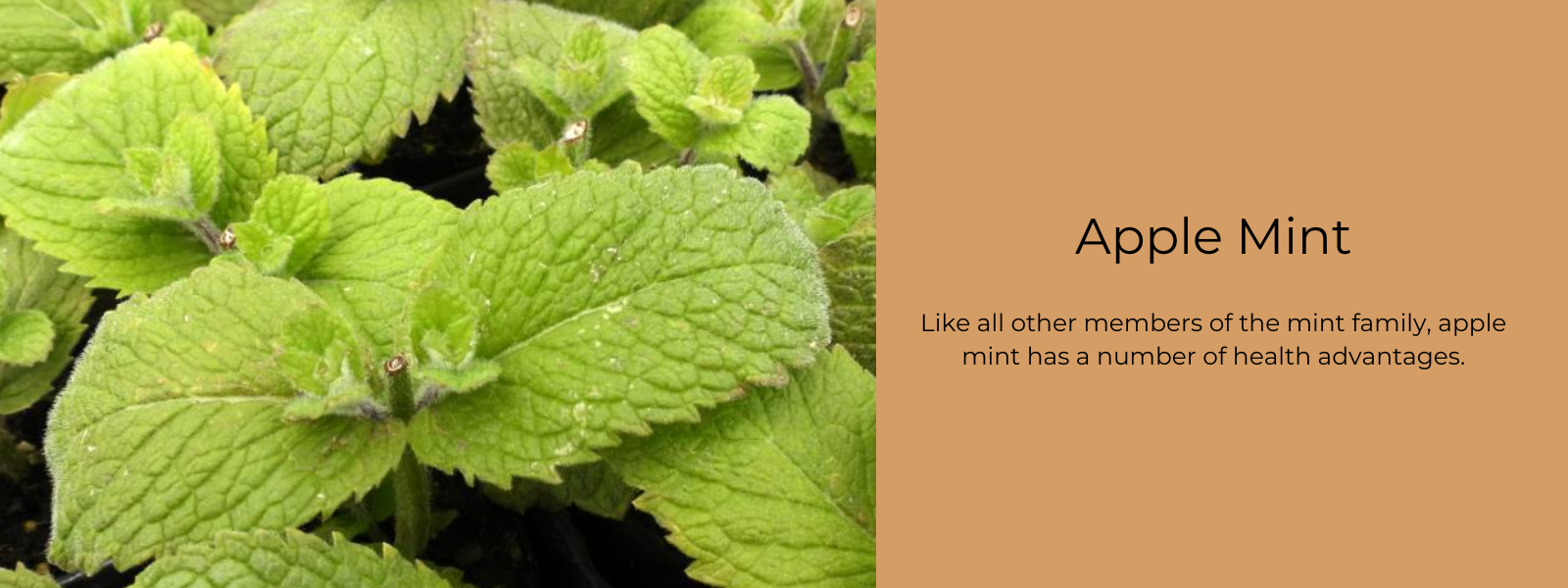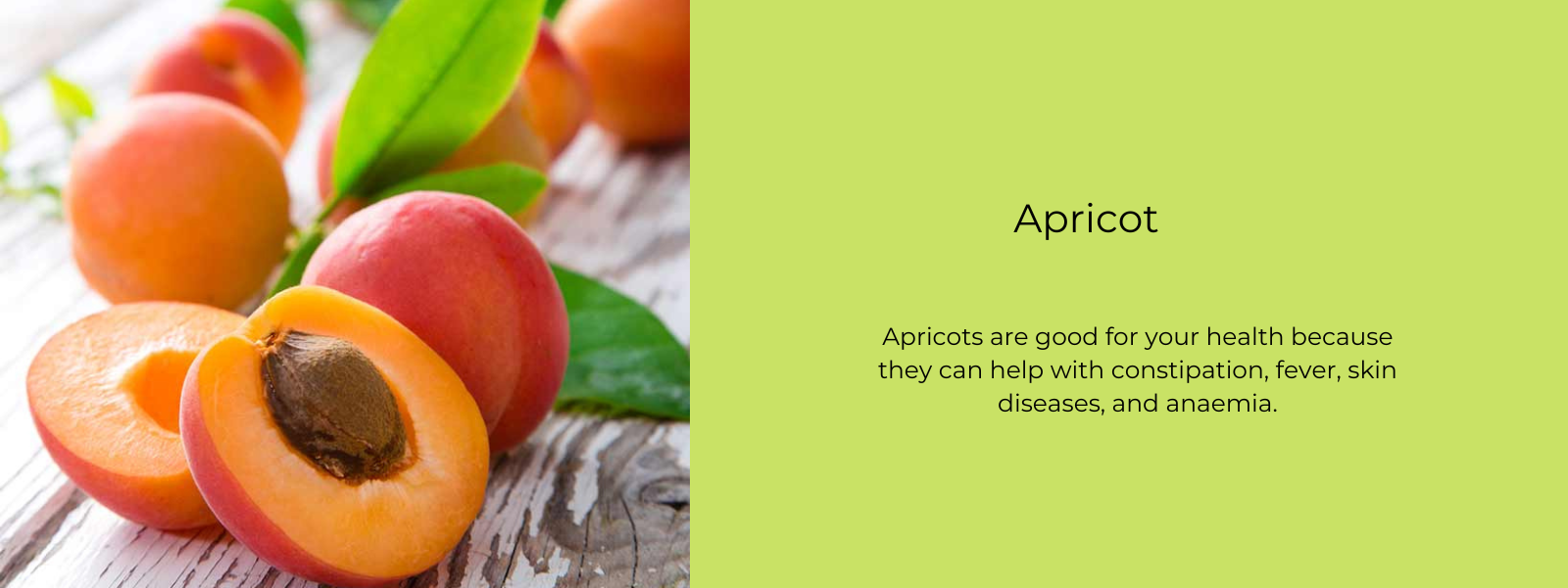Berries are widely regarded as a superfood, packed with essential vitamins, minerals, and antioxidants that offer numerous health benefits. In recent years, research has shown that regular consumption of berries can play a key role in protecting brain health and preventing cognitive decline, particularly as we age. These vibrant fruits, including blueberries, strawberries, raspberries, and blackberries, are rich in compounds that have been linked to improved memory, learning, and overall cognitive function.
In this detailed exploration, we’ll look at how berries support brain health, the mechanisms behind their protective effects, and how they can be incorporated into your diet to help maintain cognitive sharpness.
Table of Contents
- 1. How Berries Prevent Cognitive Decline
- 2. Rich in Antioxidants and Polyphenols
- 3. Improves Brain Plasticity and Synaptic Function
- 4. Reduces Brain Inflammation
- 5. Enhances Communication Between Brain Cells
- 6. Prevents Neurodegenerative Diseases
- 7. Incorporating Berries into Your Diet
- 8. Conclusion
How Berries Prevent Cognitive Decline
The brain undergoes many changes as we age, including reduced plasticity (the brain’s ability to adapt), oxidative stress, and inflammation, all of which contribute to cognitive decline. Berries, rich in antioxidants and other bioactive compounds, help combat these processes and protect brain cells from damage.
Here are the primary ways in which berries prevent cognitive decline:
Rich in Antioxidants and Polyphenols
Berries are particularly high in antioxidants, including flavonoids and polyphenols, which help neutralize harmful free radicals in the body. Free radicals cause oxidative stress, which damages brain cells and accelerates aging. Berries combat oxidative stress, reducing inflammation and protecting neurons from injury.
Key Compounds:
- Anthocyanins: The pigments that give berries their deep red, blue, and purple colors. Anthocyanins have potent antioxidant and anti-inflammatory properties.
- Flavonoids: These polyphenols help reduce inflammation and oxidative stress in the brain.
- Vitamin C and Vitamin E: Both vitamins are antioxidants found in berries that protect brain cells from damage.
Benefits:
- Neuroprotection: By reducing oxidative stress and inflammation, antioxidants in berries help prevent damage to brain cells (neurons) and protect against age-related cognitive decline.
- Improved Memory: Studies suggest that the high antioxidant content in berries, particularly anthocyanins, can improve memory and learning by protecting brain regions involved in these processes.
Improves Brain Plasticity and Synaptic Function
Brain plasticity refers to the brain’s ability to change and adapt by forming new connections between neurons. This process is essential for learning, memory, and cognitive flexibility. As we age, brain plasticity declines, but compounds in berries help promote synaptic health and communication between brain cells.
Mechanism:
- Flavonoids in berries enhance synaptic plasticity by promoting the formation of new synaptic connections. This is critical for memory formation and learning.
- These flavonoids also stimulate signaling pathways involved in neurogenesis (the growth of new neurons), particularly in the hippocampus, the brain region responsible for memory and learning.
Benefits:
- Enhanced Learning and Memory: The improved communication between neurons and the promotion of neurogenesis contribute to better learning capacity and memory retention.
- Delayed Age-Related Cognitive Decline: By supporting brain plasticity, berries help delay the normal age-related decline in cognitive function.
Reduces Brain Inflammation
Chronic inflammation in the brain is a major contributor to cognitive decline and neurodegenerative diseases such as Alzheimer’s and Parkinson’s. Inflammation can damage brain cells, leading to impaired memory, cognitive function, and mental health issues. Berries contain compounds that have strong anti-inflammatory properties.
Mechanism:
- Anthocyanins and other flavonoids in berries reduce the production of pro-inflammatory molecules like cytokines in the brain.
- By lowering inflammation, berries help maintain the health of brain cells and prevent the progression of cognitive disorders linked to inflammation.
Benefits:
- Protects Against Alzheimer’s: Reducing inflammation in the brain lowers the risk of developing neurodegenerative diseases such as Alzheimer’s.
- Improves Mental Clarity: Lower inflammation supports overall brain health, improving mental clarity and cognitive function.
Enhances Communication Between Brain Cells
Effective communication between brain cells (neurons) is vital for processing information, retaining memories, and solving problems. The compounds in berries, especially flavonoids, have been shown to enhance this communication, ensuring that neurons remain healthy and responsive.
Mechanism:
- Berries promote better cell signaling, particularly in regions of the brain involved in memory and cognition, like the hippocampus.
- They also support the production of neurotransmitters, the chemicals that facilitate communication between neurons.
Benefits:
- Improved Cognitive Function: Enhanced cell signaling results in better cognitive performance, particularly in tasks related to memory, learning, and problem-solving.
- Slowed Cognitive Aging: By keeping neurons functioning optimally, berries help slow down the cognitive aging process.
Prevents Neurodegenerative Diseases
Regular consumption of berries has been linked to a lower risk of developing neurodegenerative diseases such as Alzheimer’s and Parkinson’s. Their ability to reduce oxidative stress, inflammation, and improve neuronal communication all contribute to this protective effect.
Mechanism:
- The antioxidants in berries neutralize free radicals that can damage brain cells and accelerate neurodegenerative processes.
- The anti-inflammatory properties help protect brain tissues from chronic damage that can lead to conditions like Alzheimer’s.
Benefits:
- Reduced Risk of Alzheimer’s and Parkinson’s: Studies show that individuals who consume flavonoid-rich foods like berries are less likely to develop neurodegenerative diseases.
- Better Long-Term Brain Health: Regular berry consumption supports the maintenance of cognitive function well into old age, reducing the risk of dementia.
Incorporating Berries into Your Diet
Berries are versatile and can be easily added to various meals and snacks. Here are some simple ways to include them in your daily diet to promote brain health:
- Smoothies: Blend fresh or frozen blueberries, strawberries, or raspberries into a morning smoothie for a brain-boosting start to your day.
- Oatmeal Topping: Add a handful of berries to your oatmeal or yogurt for a flavorful and nutritious breakfast.
- Salads: Mix berries like strawberries and raspberries into salads with spinach, nuts, and a balsamic dressing.
- Snacks: Eat berries as a healthy snack on their own or mix them with nuts for an antioxidant-rich treat.
- Desserts: Incorporate berries into healthy desserts such as fruit salads, chia puddings, or even as a topping on dark chocolate.
Conclusion
Berries are among the most powerful foods you can eat to protect your brain from cognitive decline. Their high concentration of antioxidants, flavonoids, and polyphenols help reduce oxidative stress, lower inflammation, and enhance communication between neurons, all of which are vital for maintaining brain health as you age. Regular consumption of berries has been scientifically proven to improve memory, support learning, and even lower the risk of developing neurodegenerative diseases like Alzheimer’s.
Incorporating a variety of berries into your daily diet is a simple yet effective way to promote long-term cognitive health and reduce the risk of age-related memory loss. Whether added to smoothies, salads, or eaten on their own, berries can become a delicious and nutritious part of your brain-boosting diet.












Leave a comment